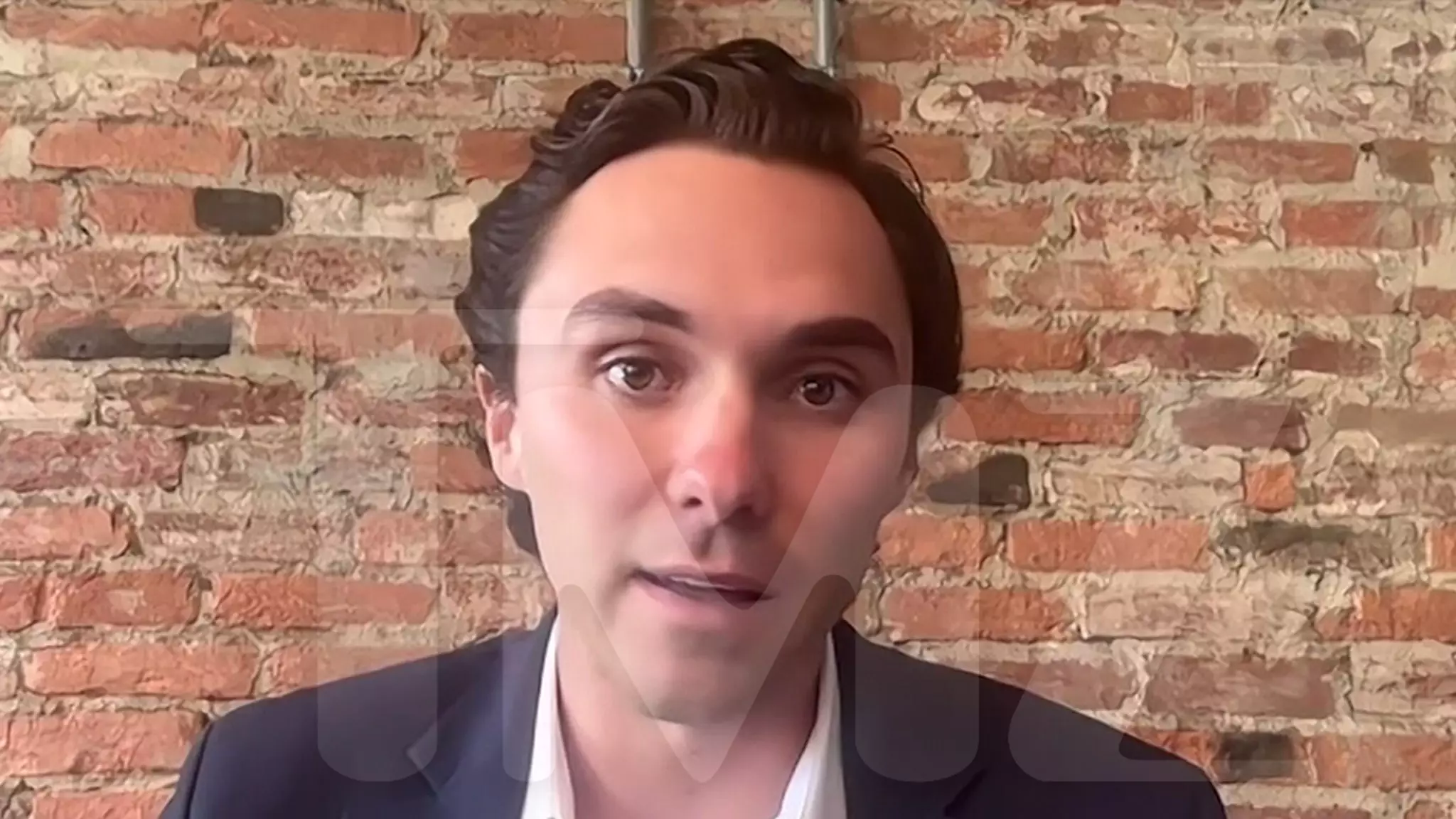In a daring move signaling a seismic shift within the Democratic National Committee (DNC), David Hogg, the young yet formidable vice chair, has articulated a strategy to hold underperforming party members accountable, irrespective of their tenure or age. This approach marks a significant departure from traditional party politics, which often prioritize seniority and established relationships over effectiveness. Hogg’s tenure at the DNC represents not just a generational shift but also an ideological one, aiming to invigorate a party grappling with dwindling public approval ratings.
Identifying Ineffectiveness Beyond Age
Hogg’s assertion that ineffectiveness is not exclusive to long-serving Democrats is both refreshingly candid and strategically astute. The DNC’s plan to challenge incumbents who fail to meet the expectations of constituents speaks volumes about the changing dynamics of political leadership. In an age where rapid change and innovation are key to survival, sticking rigidly to old paradigms can render any party obsolete. By adopting a case-by-case evaluation of performance rather than a blanket stigmatization of older politicians, the DNC is promoting a more adaptable approach to governance.
This generational perspective is crucial as the party faces an array of complex issues requiring fresh ideas and robust action. Stagnation, whether from inexperience or the weight of history, can lead to disillusionment among voters. Hogg’s recognition that younger representatives can also fall short is a self-aware strategy that broadens the scope of necessary change beyond just age demographics.
Addressing Public Discontent
With a mere 26% of self-identified Democrats expressing satisfaction in their party’s performance, it is clear that the DNC’s current strategies have not resonated with the majority. Hogg’s emphasis on providing positive reasons to vote Democratic—rather than merely promoting a negative stance against Republicans—offers a refreshing guideline. This call to action demands a return to core principles and values that inspire unity and commitment among party members and potential voters alike. Hogg articulates a clear need for the DNC to break away from the “lesser of two evils” mentality that has plagued political engagement—voters deserve a party that stands on its own merit.
The Legacy of Activism and Change
Emerging as a prominent voice in the wake of the tragic Parkland shooting, David Hogg represents a new breed of political activist who is unafraid to confront established norms. His personal journey, from a survivor of gun violence to a key figure in the DNC, embodies the potential for transformative change within the party. This perspective may well galvanize a new wave of voters who are seeking representation that reflects their values, particularly in today’s tumultuous political landscape.
Hogg’s commitment to reform underlines a crucial pivot point for the Democratic Party. By confronting internal ineffectiveness head-on, the DNC might not only regain voter trust but also foster a renewed sense of hope and optimism that has been severely tested in recent years. The question remains, however: will this initiative translate into the substantial electoral victories the party so desperately needs? Only time will reveal whether this paradigm shift can reshape the Democratic Party into a formidable force once again.

